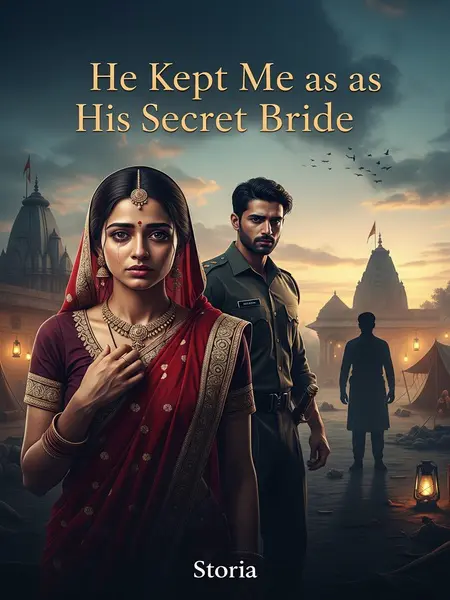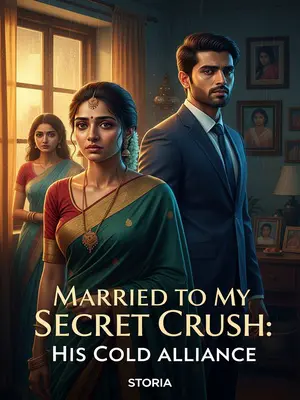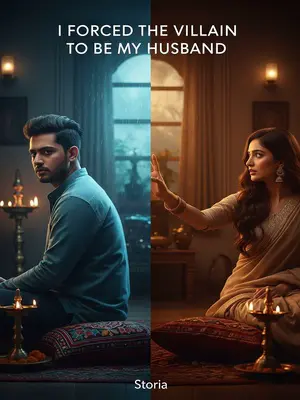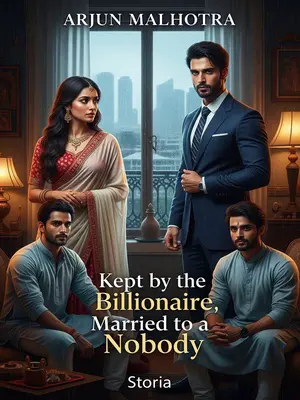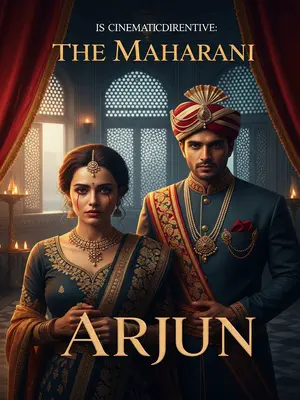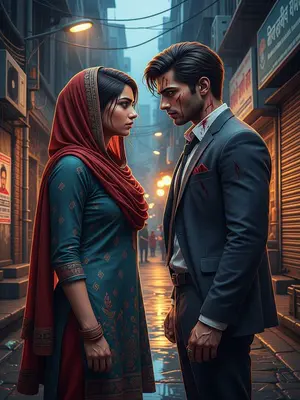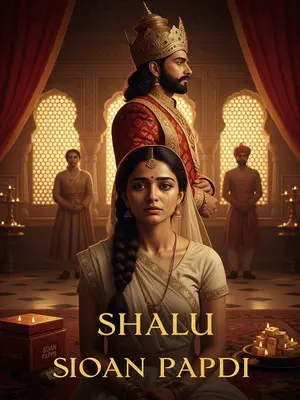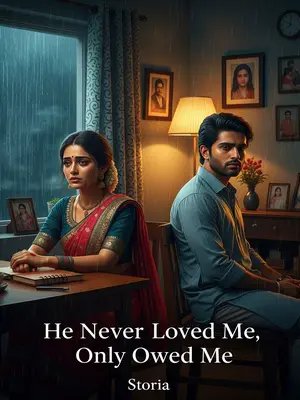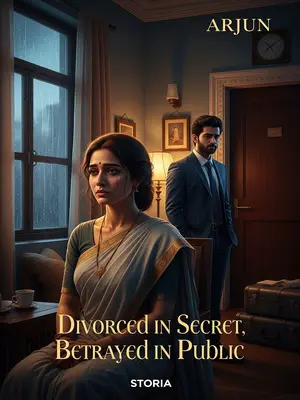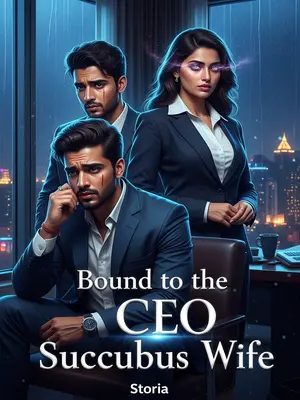Chapter 1: The Last Days of the Camp
After the great war ended, the camp girls racked their brains, each desperate to find a soldier who might claim them, praying to avoid the dreaded transfer to the red-light areas.
In the thick, sticky hush of early summer, even the ceiling fans surrendered to the heat. Nights stretched endlessly, with only the buzzing of mosquitoes and the faint laughter of jawans drifting in from outside. We lay awake on our cots, our whispers swirling with the smoke of incense and burnt kerosene. For us, the red-light area was not just a place, but a sentence—one that stripped away even the tiniest hope of respect. Each girl, in her own way, clung to silent prayers, wishing for a soldier’s glance—one decent enough to rescue us. Old tiffins rattled in the barracks, and sometimes the air was so thick with memory, it hurt to breathe.
When that silent, dark-skinned havildar came for me, only two of us remained in the camp: myself and an old woman, her body frail, her mind sharp as ever.
The camp was nearly deserted, a ghost of what it had been. Soldiers left with their medals and new orders; every day, more girls disappeared—some with relief, some with terror. The old woman, her sari faded to near-white, lay on her charpoy in the corner, eyes glinting even as her chest rattled with sickness. She watched everything, missing nothing. Outside, a vendor’s bell rang out on the dusty road, but no one came near our tent anymore.
She laughed at me, the sound as dry and knowing as old newspapers crumpling in the wind. “Meera, if someone is willing to take you away, just go, beta. Who are you waiting for? That grand Major Arjun, soon to marry the MLA’s daughter?” Her voice danced between teasing and pity, as if she’d watched too many girls like me clutch old dreams too long. She adjusted her frayed sari, her laugh dissolving into a cough.
I said quietly, “Thoda sochna padega.”
The words felt empty, just a way to buy time from fate. I pressed my palms together out of habit, not faith, and stared at the patch of canvas above us, darkening with the evening. Somewhere, a radio played an old Lata Mangeshkar song—its melody a thin, wistful thread. I wondered if, even now, some miracle could find its way to me.
That night, Arjun pinned me to the bed.
His hands were rough, their scent a mix of gun oil and sweat. The cot groaned beneath us, and moonlight broke in fractured lines across the tent. There was no tenderness—only urgency and hunger, tangled with memories I could not escape.
He gripped my chin, forcing my gaze upward, his calloused thumb hot against my jaw. My hair, loosened from its braid, spilled over my face as he tilted my chin. His eyes, fierce and burning, bore into mine.
"I'm going to marry the MLA’s daughter. Are you jealous?" His lips twisted, voice sharp as broken glass. He paused, voice dropping. "What haq do you have to be jealous, Meera? You're not the pride of Kaveripur anymore."
His words echoed with all the gossip and envy that followed us through the cantonment. For a moment, his lips curled in a way that was mocking, yet oddly vulnerable, as if daring me to argue, but knowing I wouldn’t.
"Still so moody," he muttered, brushing a stray strand from my forehead. The gesture was automatic, meaningless now. Silence stretched between us, broken only by the distant bark of dogs and the thump of a dhol, as if the night itself mocked our emptiness.
"After I marry her, nothing between us will change. I’ve bought a bungalow outside Lucknow. In future, wait for me there."
He said it as if keeping me aside was as natural as breathing. His tone was low, coaxing, but with steel beneath. The thought of waiting for him in a house that would never be mine made something cold and stubborn settle deep inside me.
All night, he never asked if anyone had come for me. There was no curiosity, no suspicion—just his old confidence that I would always be there, always his. He didn’t notice the faint marks on my hands from where Kabir Singh had held them gently earlier. For Arjun, I was a fixture in a world that changed only at his command.
As if he was certain I would never leave with anyone else.
He had the arrogance of a man who had never begged for anything. My silence must have confirmed every assumption he carried. I turned my face away, letting my hair hide my expression, not trusting my voice.
But he didn’t know I had already agreed to that havildar, Kabir Singh.
Kabir’s name was ordinary, but it had a solidness, like the thud of boots on stone. I replayed his hesitant offer, his awkward sincerity. I wondered if Arjun would ever understand why, after all these years, it was not him I chose.
On the day he marries the MLA’s daughter, I will get married too.
That thought gave me a strange peace. In one night, my fate would change alongside his, but in a direction he could not control. As the azaan echoed from the distant masjid, I closed my eyes and let the decision settle in my heart like monsoon rain breaking a dry spell.
As the muezzin’s call faded, I pressed my hands together—this time, not in prayer, but in promise.
